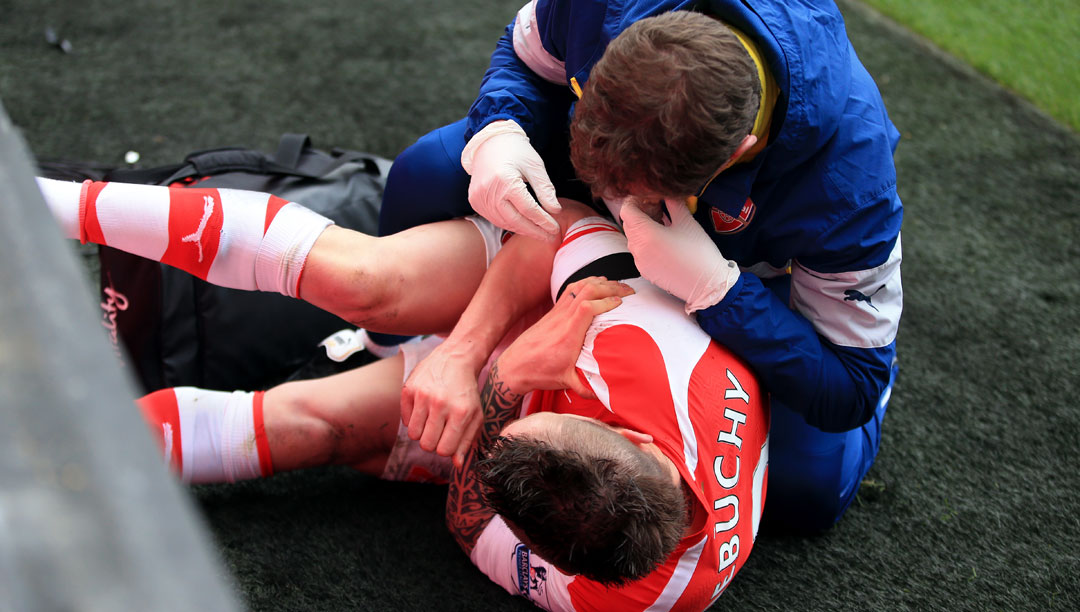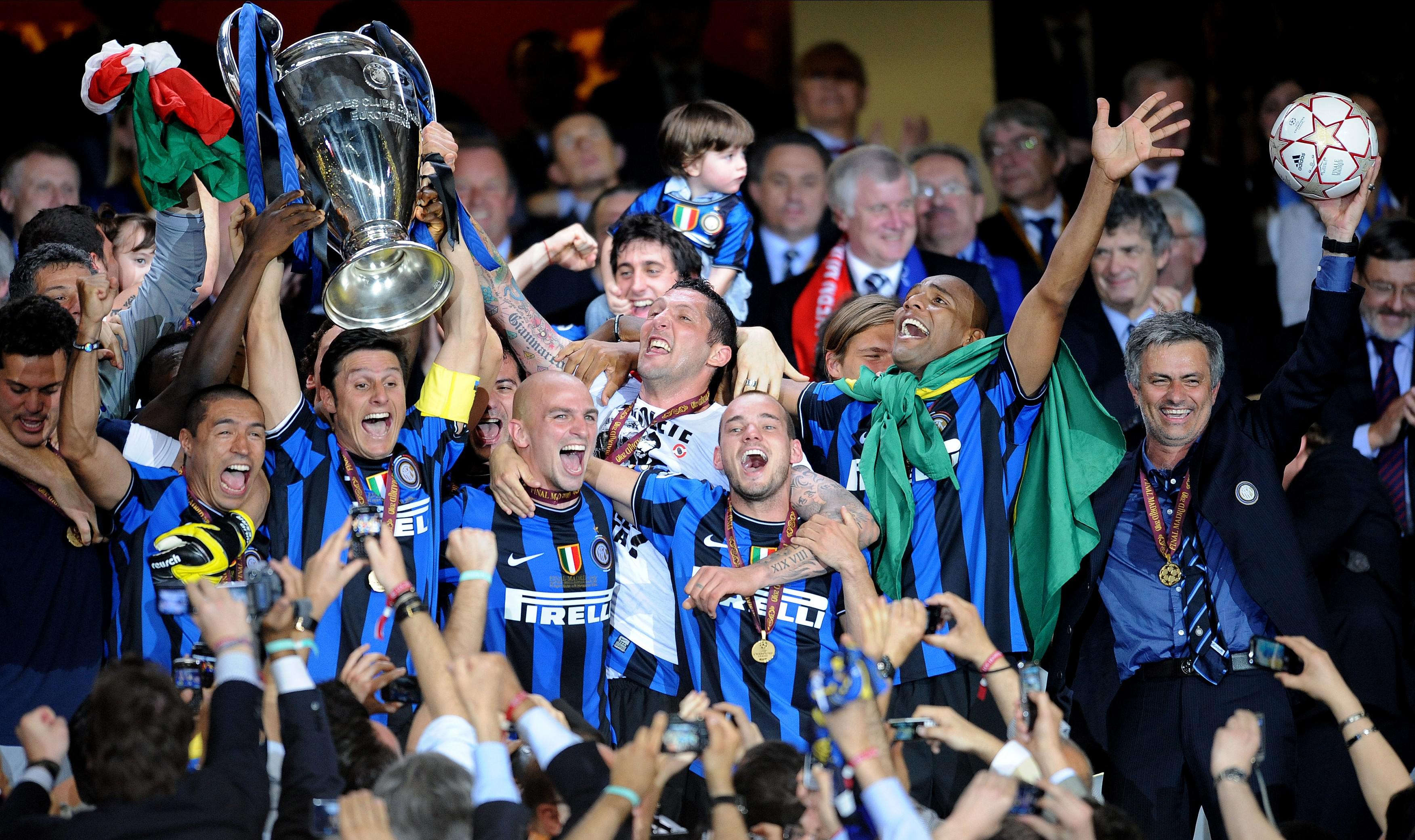What Arsenal really need to challenge for the title
It's not all doom and gloom, writes Tim Stillman – but the Gunners still have some major needs...
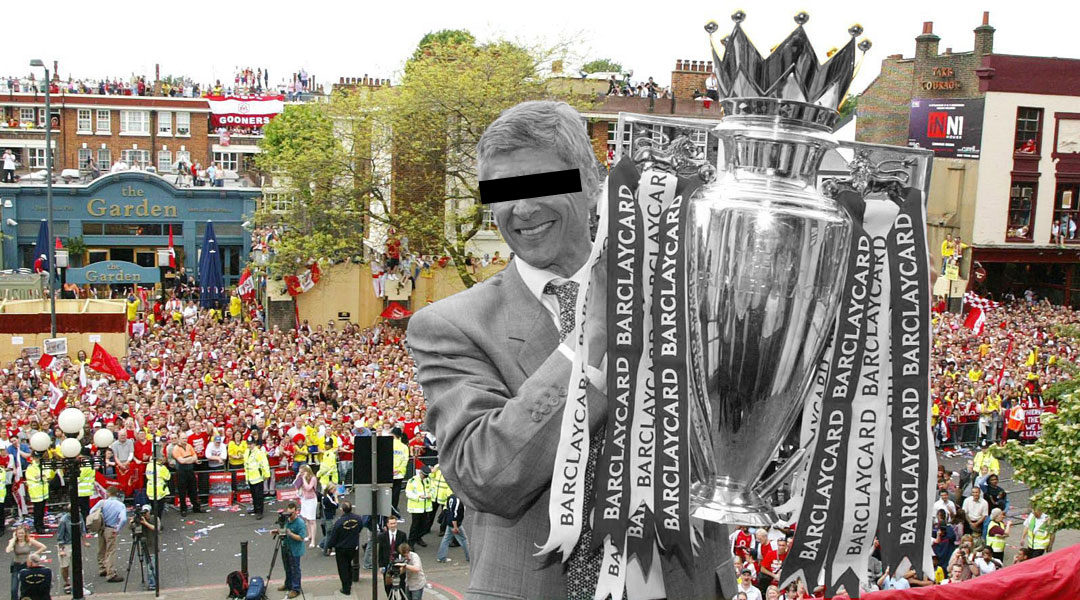
Amid increasing stadium costs in a Premier League environment of free-wheeling billionaires, Arsenal have been stuck in something of a third/fourth-place hinterland for close to a decade now. It’s a well-furnished limbo with mod cons and annual holidays abroad, but it’s a hinterland nonetheless.
And as a result, the Gunners' fanbase has grown increasingly frustrated.
The competition is tougher than ever. Last season, Arsene Wenger's side amassed 79 league points – enough for their fourth-place birthright – and snagged the FA Cup. In 1997/98, they took 78 points and the FA Cup, which was enough to win them the domestic Double.
But with Financial Fair Play showing signs of squeezing their competitors, and with the grip of stadium debt loosening, the gap in spending power is beginning to ease. So what do Arsenal need to leap from the lily pad of Champions League qualification and become genuine title challengers?
SEE ALSO Why finishing fifth would be good for Arsenal
Precious time
Arsenal had long cited the re-negotiation of key commercial deals in 2013 for their growth into financial maturity. Since then, the Gunners have procured the considerable and expensive talents of Mesut Özil and Alexis Sanchez. But they are still relatively early in this new cycle. It took Manchester City four years of shopping regularly from the top-class supermarkets to build a title-winning team (albeit from a lower threshold). It took Chelsea two years of Roman Abramovich’s incalculable spending to lasso the Premier League trophy, which has now eluded them for four seasons and counting.
Get FourFourTwo Newsletter
The best features, fun and footballing quizzes, straight to your inbox every week.
Arsenal have only just fixed the annual leak of their best players to rivals. Much of the Gunners' forward line is new; the likes of Danny Welbeck, Alexis and Özil have been at the club for less than 18 months, with Santi Cazorla and Olivier Giroud only a season their seniors. The Invincibles were forged in the embers of a couple of long-distance second-place finishes and a pair of cup final defeats to Liverpool and Galatasaray before they truly gelled. This is still a team acclimatising, but one that has the boon of a trophy win.
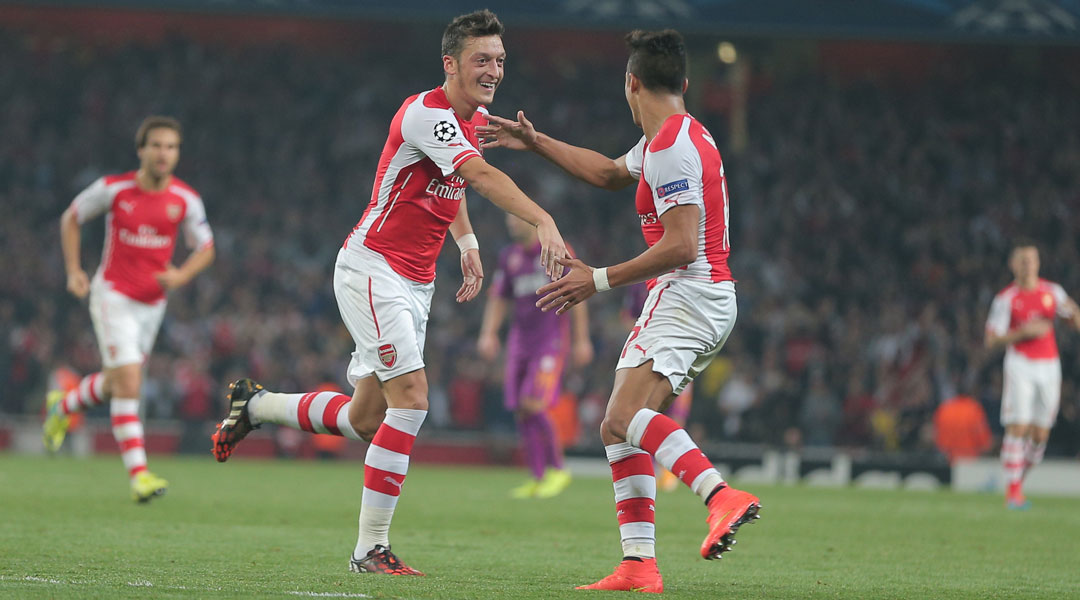
Take the dark arts more seriously
With the likes of Cazorla, Lukas Podolski, Alexis, Özil and Welbeck having joined in this brave new era of financial firepower, Arsene Wenger has shown that he is not afraid to attribute his budget to the forward areas. When Giroud broke his ankle against Everton in August, the manager was reasonably swift to spend £16 million on Welbeck to augment his striking options. Yet in the more defensive areas of the team, he's been more content to make do and mend with interim solutions.
The attacking elements of the squad have been almost totally revolutionised since 2012. Wenger has plenty of options and some pleasing variety too. Technicians like Özil, Cazorla and Jack Wilshere have been well complemented by more direct players such as Aaron Ramsey, Theo Walcott, Alex Oxlade-Chamberlain, Giroud and the supercharged Sanchez. The attack has a good chance to settle and improve, stocked as it is with a pleasing mix of paintbrushes and power tools.
But now attention is needed in defensive areas of the pitch. A good, long-term replacement for Mikel Arteta is required. Preferably, someone that can maintain the Spaniard’s technical level but add some physicality to the base of Arsenal’s midfield (how hard can it be to find a player like that, eh?): a player capable of making Arsenal’s transition from defence to attack quicker and smoother.
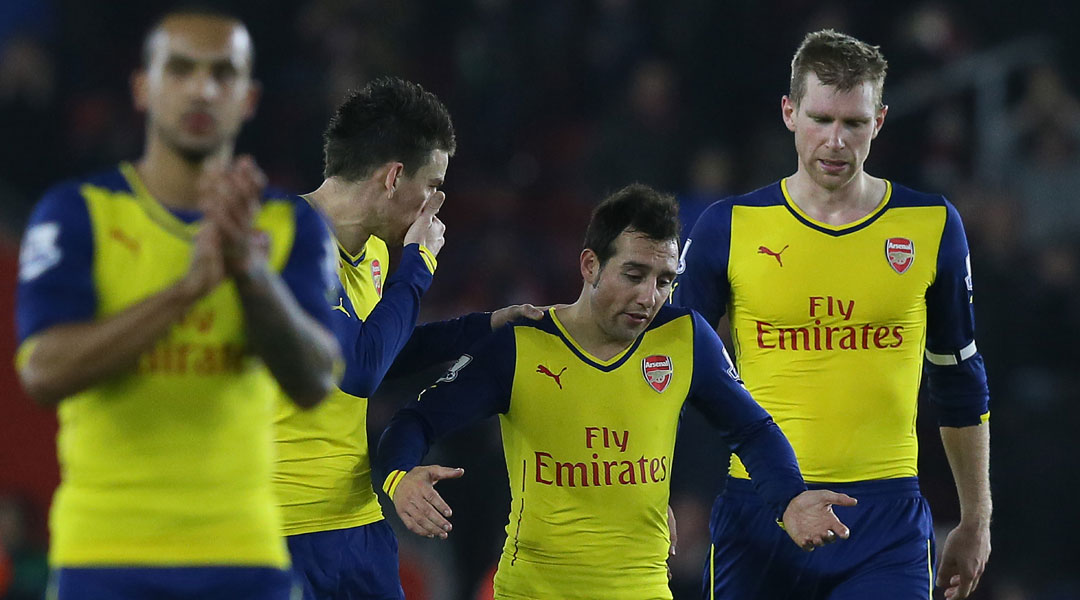
The Gunners need to find better ways of winning matches when the stars don’t align and the team is misfiring. A more assertive presence in holding midfield could help to achieve that.
Arsenal have the symbiotic partnership of Per Mertesacker and Laurent Koscielny at the heart of defence, but they are clearly light on numbers back there. Simply, Wenger needs a top-class centre-half to challenge the Mertescielny axis. A quick glance at the market shows those players are not trading with great regularity, but it’s difficult not to daydream about what a Sol Campbell-style signing could do for this squad.
Arsene moved heaven and earth to bring Alexis and Özil to Arsenal, but many question Wenger's appetite to pursue defenders of comparable quality with the same hunger. That’s not to say Arsenal definitely need a marquee name – another Koscielny or Bacary Sagna would fit the bill if they can be found.
Solve the injury crises
Arsenal have conducted several internal reviews, altered their medical staff and hired fitness and conditioning guru Shad Forsythe, but are still no closer to overcoming their persistent injury jinx.
Chas Newkey-Burden says finishing fifth would be good for Arsenal
One suspects the reasons for their familiar injury issues are manifold, and therefore difficult to isolate and solve. Maybe Forsythe’s methods will improve things in time, but the squad is constantly decimated. It’s impossible to argue that this hasn’t cost them the chance to truly compete in recent years. It has made team chemistry difficult to foster, which is a particular issue for a passing team like Arsenal that relies on telepathy between its players.
The cheapest of Manchester City’s four strikers is Edin Džeko, who cost £27m; compared to City, Chelsea and Manchester United, the Gunners are fiscal sophomores, so they can ill afford to be further handicapped by a steady flow of bodies in the treatment room.
Arsenal are some way from being able to match the depth boasted by their richer rivals, but they have a core of 15-16 players to rival them. They just need to be more available, more often.
